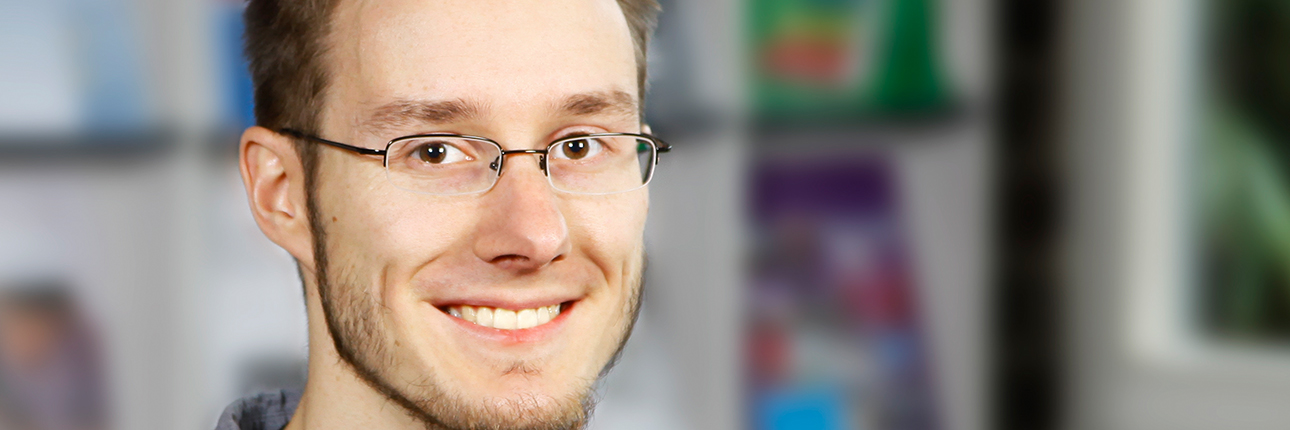On the one hand, your university studies will enable you to consistently develop the ‘classic’ skills and abilities of special needs education – for example diagnostics and the pedagogical and didactic structuring of care and educational processes – while considering inclusive aspects. On the other hand, you will explore community-oriented concepts that facilitate the involvement of every individual.
Against this background, your studies will focus on a wide variety of areas, for example:
- Ethical issues
- Acquisition of inclusive pedagogical and didactic decision-making skills
- Diagnostics as the representation of social development situations and learning backgrounds
- Analysing social spaces, policy areas and much more

